How to Make Newborn Laugh: Effective Tips
One of the most heartwarming moments for new parents is hearing their baby’s first laugh. Not only is laughter a joyful sound, but it also signals emotional and social development. If you’re curious about when babies typically start to laugh and how you can encourage those first giggles, this guide will help. We’ll explore common developmental milestones, offer simple tips on how to make newborn laugh, and explain why some babies might take a little more time to reach this stage. Read on to learn more!

Alt: Newborn laugh
When Do Babies Start Laughing?
On average, babies start laughing around 3 to 4 months old. But before that, many babies begin showing “social smiles” — smiling in response to a familiar face or voice — as early as 6 to 8 weeks. Others may take a bit longer and laugh closer to 5 months. Just like crawling or walking, every baby hits this milestone at their own pace.
In the beginning, the laughter might be just a soft chuckle triggered by a silly face, gentle tickle, or unexpected sound. As your baby becomes more socially aware, they’ll respond more to your voice, expressions, and playful gestures, and that’s when the real giggles begin.
Why Is Baby’s Laughter Important?
Baby laughter isn’t just heart-melting, it actually plays a key role in their growth. It’s a sign your baby is developing emotionally, socially, and physically. Here’s why your baby’s laughter really matters:
l Emotional bonding: Laughing strengthens the emotional connection between you and your baby.
l Social development: It shows your baby is learning to respond to social cues like facial expressions and tone of voice.
l Brain growth: Laughter engages multiple parts of the brain, supporting memory, attention, and learning.
l Stress relief: Just like adults, laughter helps babies release tension and feel relaxed.
l Communication skills: Early laughter is a baby’s way of joining in and “talking” with you before real words come along.

Alt: Heart-melting baby laughter
How to Make Your Newborn Laugh?
There are plenty of sweet and simple ways to encourage those first giggles, especially once your baby is around 3 to 4 months old and starting to show more personality. Some common ways include:
1. Play Peekaboo
Babies love the surprise of peekaboo. Cover your face with your hands or a soft cloth, then pop out with a big smile and a cheerful “peekaboo!” The anticipation and the fun reveal often spark laughter.
2. Try Gentle Tummy or Foot Ticks
Lightly tickle your baby’s tummy, feet, or under their arms while making a funny sound or saying something playful like “I’m gonna get you!” Just be gentle, as babies are sensitive.
3. Use Funny Noises or Voices
Babies are fascinated by sounds, especially when they’re exaggerated. Try making silly animal noises, blowing raspberries, or using goofy voices when you talk to them. High-pitched, playful tones usually get the best reactions.
4. Make Silly Faces
Your baby is learning to read facial expressions, and funny faces can be both entertaining and educational. Try puffing up your cheeks, crossing your eyes, or sticking out your tongue — anything that makes you look a little silly.
5. Sing and Dance Together
Music is a natural mood-booster for babies. Hold your baby securely and gently bounce, sway, or dance around the room while singing a fun song. Many babies find this movement comforting and hilarious, especially when combined with your voice and smile.
6. Offer Age-Appropriate Toys
Toys can spark joy and curiosity in babies. Choose simple, safe options like a baby rattle, crinkle toys, or soft picture books with bright, high-contrast images. These not only entertain but also help your baby explore new sounds, textures, and visuals. As they shake, squeeze, or turn pages, you might just catch that first adorable laugh.

Alt: Baby rattle
Why Is Your Baby Not Laughing?
If your baby hasn’t started laughing yet, it’s understandable to feel concerned. There are several common reasons why this might happen, and most are perfectly normal.
l Developmental Variations: Babies grow and develop at their own pace. Some babies take longer to reach certain milestones, including laughter.
l Temperament: A baby’s natural personality can play a role. Some babies are more serious or observant and may smile or chuckle less frequently.
l Lack of Stimuli: Your baby might not be exposed to the right triggers yet. Try experimenting with different sounds, games, or facial expressions to see what makes them smile or giggle.
l Underlying Medical Conditions: In rare cases, babies who take longer to laugh might have trouble hearing clearly or experience delays in development. If your little one doesn’t seem to notice sounds or react much to faces, it’s a good idea to chat with your pediatrician to ease your mind.
Conclusion
Laughter is one of the many joys of parenting. If you’re wondering how to make newborn laugh, just know that every baby develops at their own pace. Simple techniques like peek-a-boo, funny faces, and gentle tickling can encourage your baby’s first giggles. If your baby isn’t laughing yet, don’t worry. Just keep experimenting with playful interactions, and remember that those precious laughs will come with time.
FAQs about How to Make Newborn Laugh
Is it normal if my baby only smiles but doesn’t laugh yet?
Yes, completely normal. Some babies are more smiley than giggly at first. Laughter usually follows smiles as your baby’s social and emotional skills develop. Every baby is different, so there’s no need to stress about it.
Can teething affect a baby’s mood and laughter?
Absolutely. Teething can make babies fussy or uncomfortable, which might temporarily reduce their usual giggles. But don’t worry, once they’re feeling better, those adorable laughs usually come right back.
Can a newborn laugh in their sleep?
Yes, a newborn can sometimes laugh in their sleep, and it’s completely normal. This usually happens during active sleep, when their brain is busy processing new experiences. It’s often just a reflex, not a response to something funny.
Do autistic babies laugh?
Yes, autistic babies can laugh, but they might laugh differently or less often than other babies. Some may not respond to social cues the same way, so their laughter might seem out of context. Every child is unique, and differences in laughing don’t always mean something is wrong.

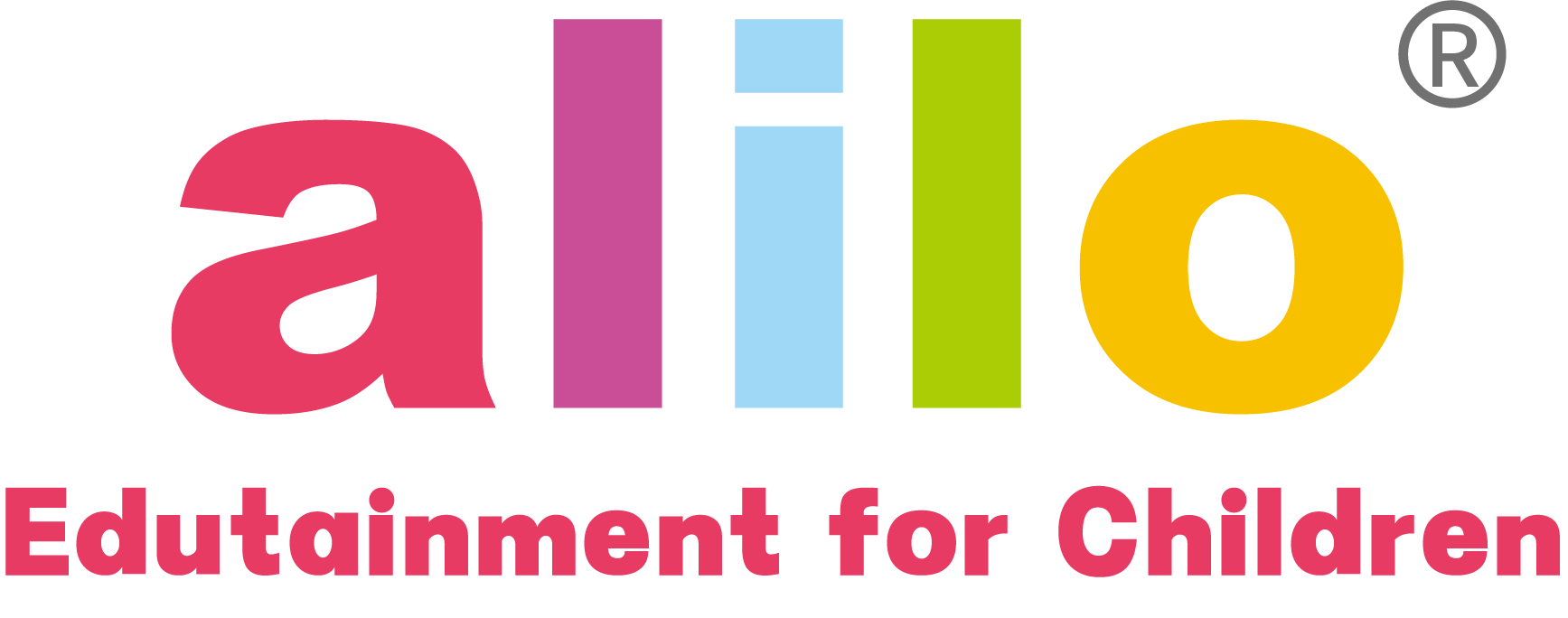
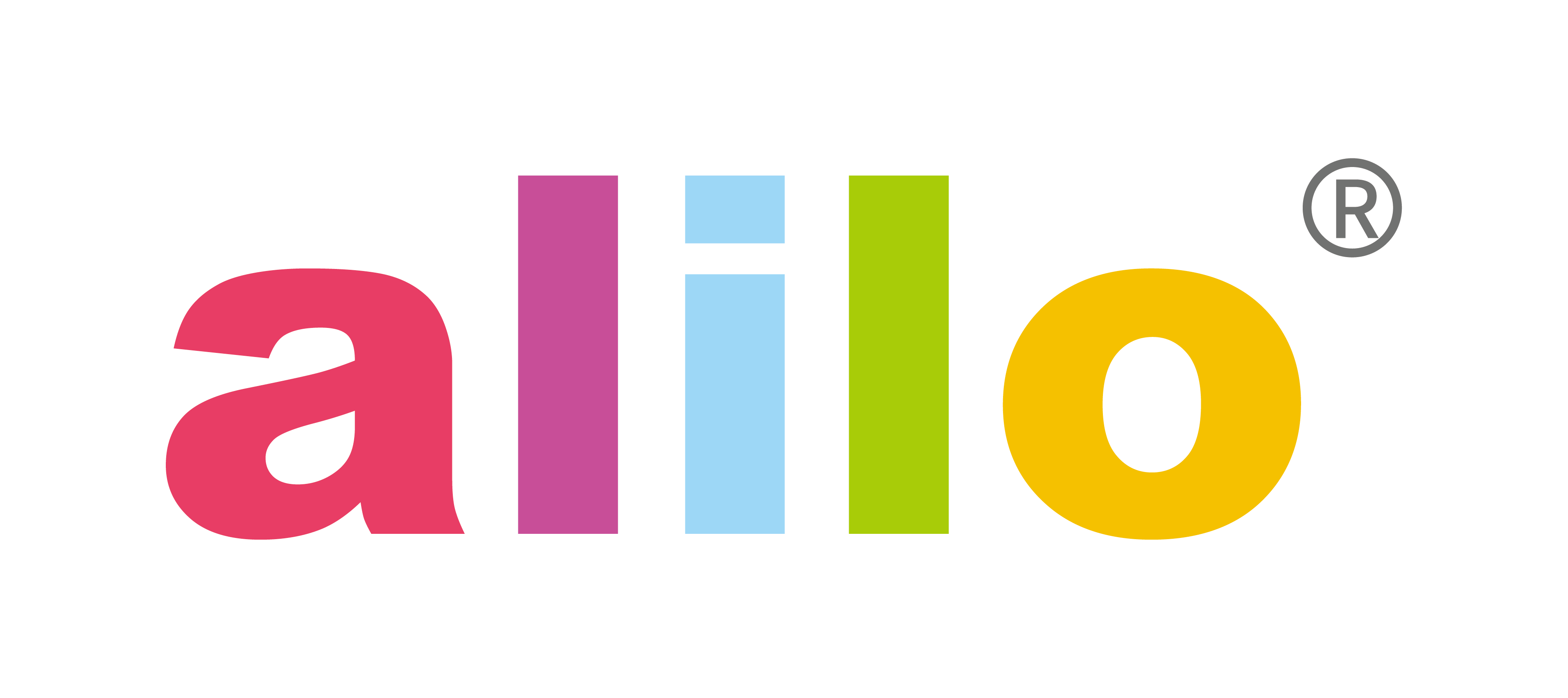
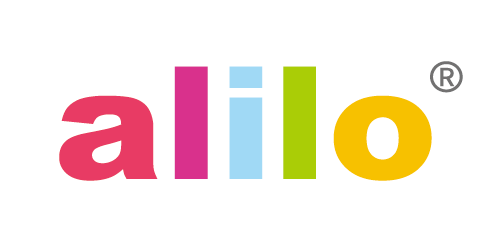
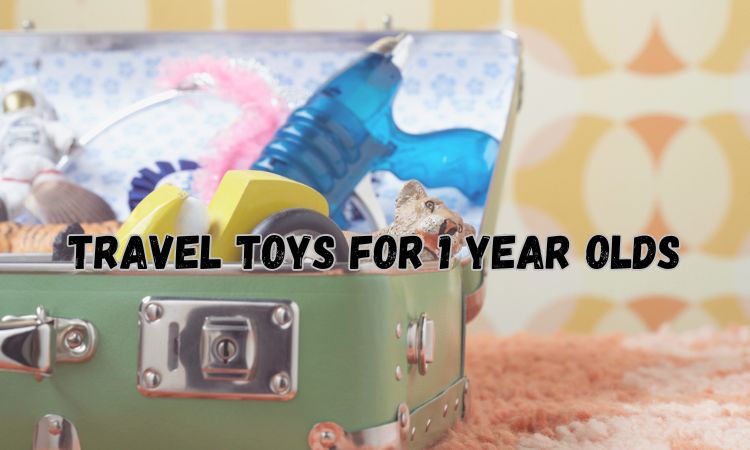
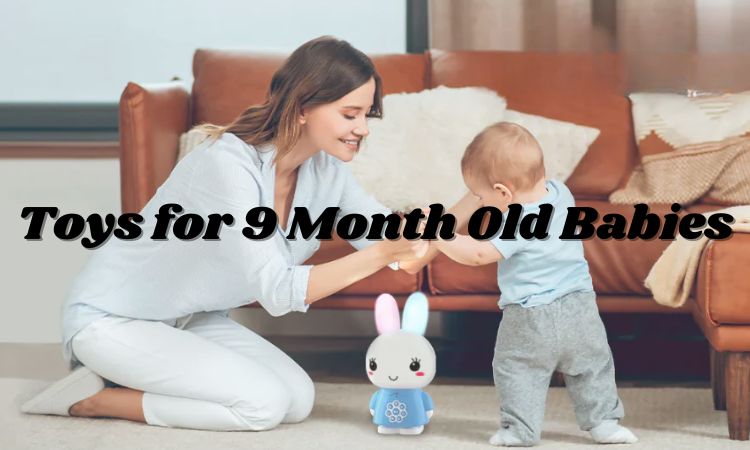
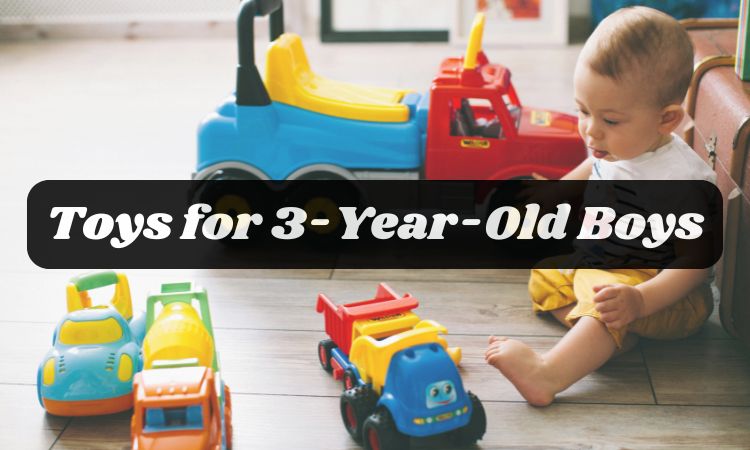
Share and get 5% off!
Simply share this product on one of the following social networks and you will unlock 15% off!